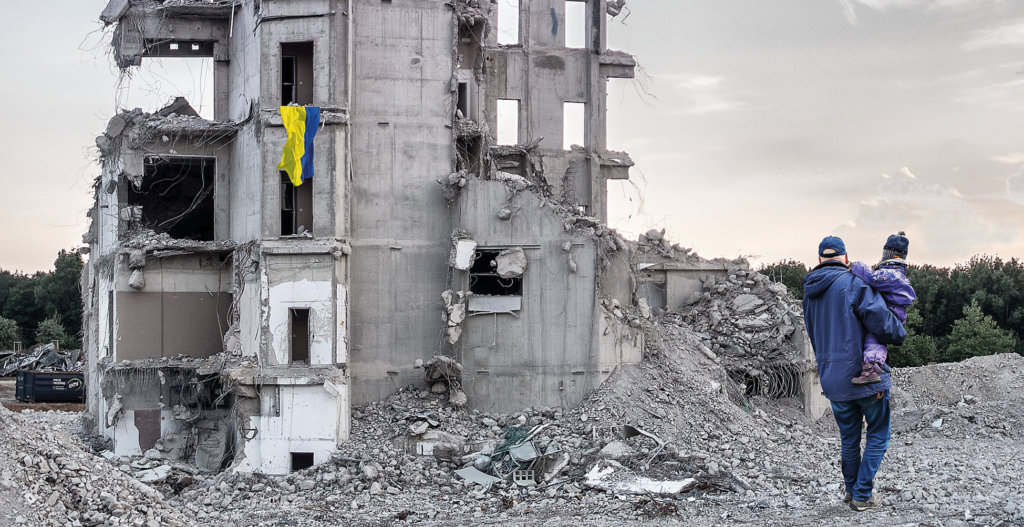
Last year, Russia’s war against Ukraine suddenly called Switzerland’s neutrality into question just as the country was about to be elected to the UN Security Council. This was primarily a question of its political neutrality, but with the aggravation of the war situation, also of its essential core, its military neutrality. While the Federal Council (under the pressure of the European sanctions against Russia) could not help but largely align itself and thus, clearly position itself against the Russian attack, and while it also committed itself to the reconstruction of Ukraine and the reception of refugees, Switzerland refused to show any solidarity regarding minimal support for the Ukrainian resistance. Thus, the Confederation did not even allow Germany to transfer ammunition for the defense against the devastating Russian air attacks on Ukrainian civilian infrastructures during the autumn and winter 2022.
Unlike Finland and Sweden, which abandoned their neutrality after the war began and now want to join NATO, this option does not arise for Switzerland. But the debate over a reorientation of neutrality policy is likely to be discussed in greater depth the longer the war lasts. Since Switzerland has become a member of the UN, it can no longer invoke the argument of neutrality, because the UN Charter is binding on it. The member countries should not only condemn wars of aggression but also support those who are attacked.
Extreme nationalist circles reacted to the imposed Ukraine sanctions by launching a so-called neutrality initiative, which allows economic measures against countries only if they are clearly imposed by the UN. However, years will pass before this initiative is put to a vote. In the spring, the same circles had tried in vain to prevent the country’s seat on the UN Security Council for the next two years in a special session, which they had fought against for years because of neutrality concerns. The opportunity now exists to contribute to international peacekeeping in the highest UN body with a pioneering foreign policy commitment to solidarity and international law. However, within the framework of the UN and in the wake of the war over Ukraine, this includes a commitment to increased arms control and disarmament, especially regarding nuclear weapons. The minimum prerequisite for this is that Switzerland immediately accedes to the Treaty on the Prohibition of Nuclear Weapons (TPNW).